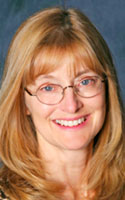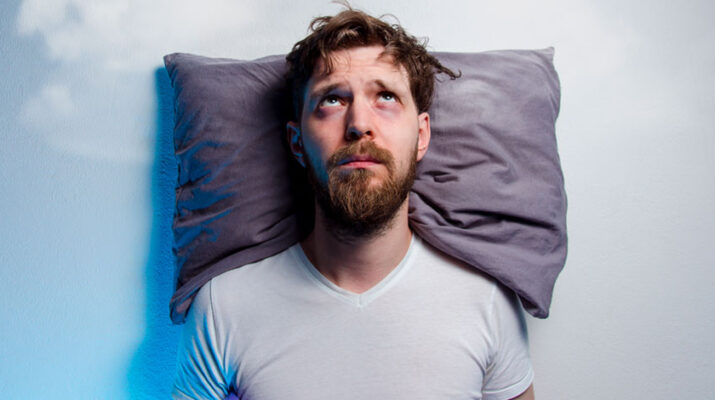By Ernst Lamothe Jr.

Good sleep is the basic and foremost step for a healthy and successful life because it plays a pivotal role in mental and emotional conditions. If you want to get a better sleep, check out this main site here to know more.
Quality sleep helps you maintain a healthy weight, lowers the risk of serious medical problems, reduces the stress level and improves the mood. Sleep also boosts your thinking power and creativity standards at your work. Good sleep also influences positively on your decision-making ability.
“You can not underestimate the impact that comes from the lack of quality sleep,” said physician Alice Hoagland, who is board-certified in clinical sleep medicine and clinical director of insomnia services at the University of Rochester Medicine Sleep Center. “One hundred years ago people averaged nine hours of sleep a night. Today it is closer to seven and a half.”
1 Misconceptions
There are many misconceptions regarding sleep, many dealing with the idea of needing entertainment to ease into the night to accomplish good sleep.
“Winding down at night is not the same as winding up by getting on the internet,” said Hoagland. “As a parent, think about how you would help your child wind down. You would read them a story, give them a bath, sit and talk with them; all to get them prepared for the proper conditions to sleep. This all cues the brain that it is time to sleep. But as adults, we do the opposite. We watch television, look at videos from our phones and tablets and check email which stimulates the brain.”
2 Required Sleep
Hoagland said people’s behavior often truncates the quality of sleep they have. For example, those who work evening shifts often have abbreviated sleep.
“There is a significant difference between sufficient and good sleep and a difference between everyone’s biological requirement for sleep,” she said. “Some people are able to function properly with six hours of sleep while others require nine hours.”
An easy way to determine what category you fall into might be by taking a vacation.
“Often times I tell my patients that they gravitate more toward their circadian rhythm when they are not working,” said Hoagland. “There are people who have biological night hours but they force themselves to go to bed early for work. But when you are on vacation you closely mirror your biological sleep requirement.”
For the average population, children from 6 to 12 years of age typically need nine to 12 hours of sleep, teenagers need eight to 10 hours and adults need seven to eight hours.
3 Good vs bad sleep
Not all sleep is created equal. Just having the right amount of recommended sleep may not necessarily be enough. If you are waking up multiple times throughout the night and not feeling refreshed in the morning, then this may be a sign that you could have a sleep problem that needs to be evaluated by a sleep specialist. Even a few nights of insufficient sleep can lead to increased daytime drowsiness, according to the National Center for Biotechnology. Insufficient sleep wreaks havoc on different aspects of the human body like appetite, metabolism, blood pressure, immune system and hormone production.
Experts also say people need to understand that sleep is medicine.
“There are misconceptions that not getting enough sleep only makes you tired and doesn’t have long-term effects. The reality is that we see patients who are fairly and significantly affected without sufficient sleep such as hypertension and dementia,”said Hoagland. “When you go to sleep, your brain clears proteins that are associated with dementia and if you are not obtaining enough sleep, you are not giving the brain enough time for the cleansing.”
4 Insomnia
There are many sleep conditions and sleep disorders which disturbs human life to a great extent. Common sleep conditions include insomnia, restless legs syndrome, narcolepsy and sleep apnea.
Insomnia is the leading sleep disorder affecting nearly three million people, according to the Centers for Disease Control and Prevention. The condition makes it difficult to fall asleep or stay asleep and can drastically alter your quality of life. Hoagland advises against drinking caffeine, alcohol, snacking or looking at your phone right before bed because any of these activities by itself let alone together will stimulate the brain and not ease your mind.
“Insomnia is a condition that can be very confusing to the average person. While we do see insomnia in women more than men, there are people whose biological sleep patterns just have them sleeping late. Whenever you sleep, if you feel refreshed after that, then insomnia should not be your principal complaint,” Hoagland added. “But if you are finding that you are constantly up even though you are doing all the proper methods to have good sleep, then we do recommend you visit a sleep center to talk with a specialist.”
5 Sleep Apnea
Sleep apnea is a serious sleep disorder in which breathing difficulties at night interrupt normal sleep and result in poor health outcomes. It’s usually more prone in older people, those with obesity and is most common in men. According to the American Sleep Apnea Association, roughly 22 million Americans suffer from the condition. Symptoms include snoring, gasping for air while sleeping and waking up with a dry mouth and a headache.
“This condition is most commonly known for people who are overweight,” said Hoagland. “People can stop breathing 10 to 100-plus times an hour. Everytime that occurs, their oxygen level drops and their brain wakes them up to get them to breathe again. That can happen all night and you start gasping to catch your breath and you are unaware of that.”
For sleep apnea you can request a home sleep study where you place leads on your body, you sleep and then you give back the equipment for diagnosis. Another option is doing a lab study where the patient spends overnight and is monitored.

